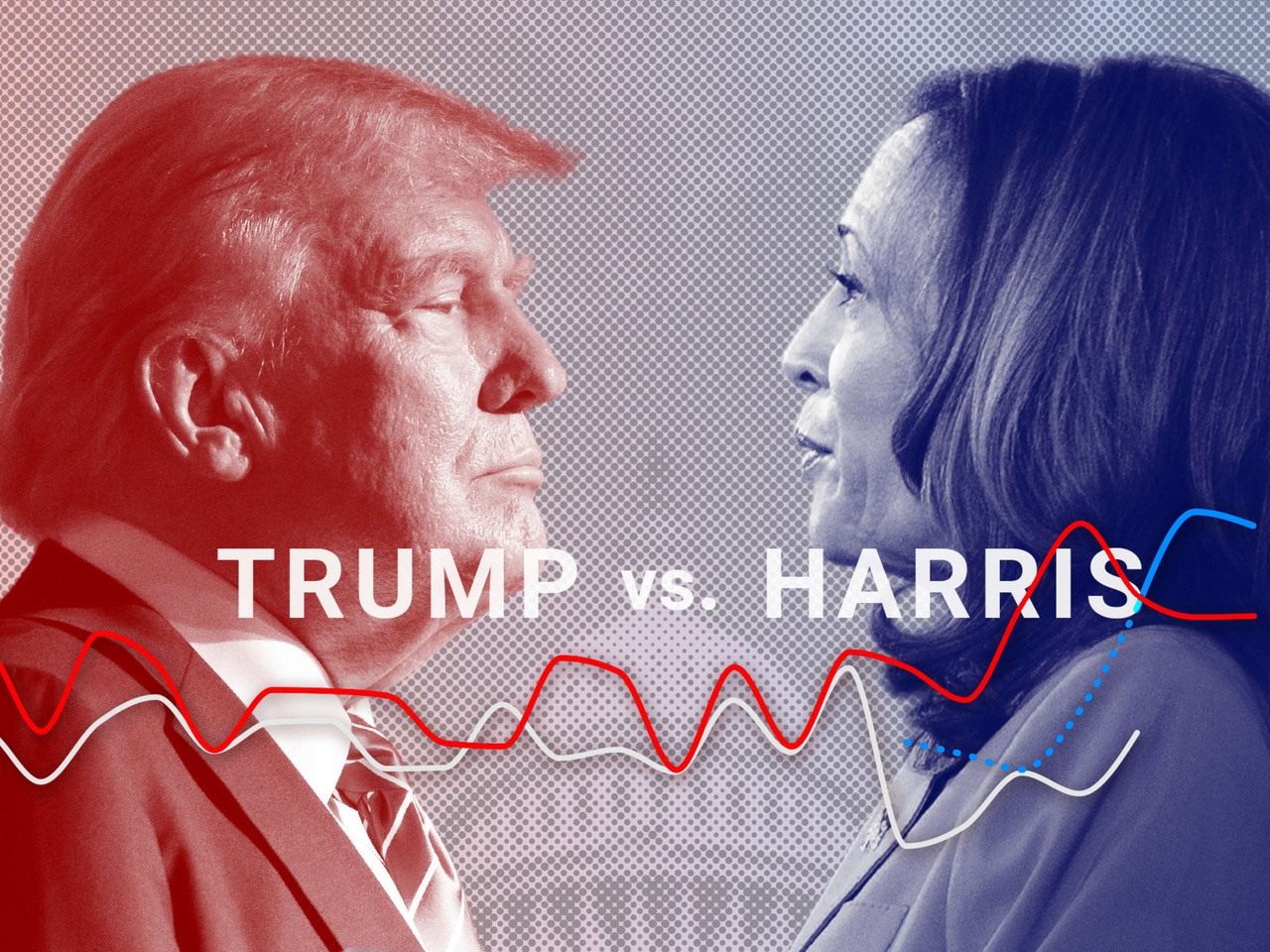The US elections are a global event that affects not only the political but also the economic world. As I am looking to invest a larger amount in the S&P500 myself, I have been wondering how the stock markets will perform after a presidential election. Historical data shows some interesting patterns that give us insight into how markets react to election outcomes.
Short-term uncertainty and volatility
Before and immediately after elections, markets often experience a period of heightened volatility. Uncertainty about which political guidelines the new president will implement leads investors to act more cautiously. For example, the unclear election result in 2000 between George W. Bush and Al Gore led to a temporary decline in the S&P 500 until the Supreme Court made a final decision and the market regained stability.
Republican or Democrat - does it make a difference?
Interestingly, both parties have historically delivered positive stock market returns, but the immediate market reaction often differs depending on the party affiliation of the election winner. A Republican victory, as with Donald Trump in 2016, is often associated with pro-business policies, such as tax cuts and less regulation, which can lead to a short-term rise in stock prices. After Trump's election, the S&P 500 gained around 5% in the remaining weeks of 2016 as investors hoped for deregulation and economic stimulus.
Long-term market performance - focus on the economy and monetary policy
While elections undoubtedly have a short to medium-term impact, long-term market performance is more dependent on general economic conditions and monetary policy. Under presidents of both parties - from Obama to Biden, from Bush to Trump - the stock markets recorded positive returns on average. The Federal Reserve's expansionary monetary policy often played a decisive role in this, as low interest rates and bond purchases supported the markets and boosted growth.
Conclusion
The stock market often reacts positively in the short term to the clarification of political uncertainties after elections. In the long term, however, general economic conditions and monetary policy measures are of key importance. Regardless of the president's party affiliation, historical data shows that stock markets can achieve growth under either party.
$VUAG (+0,83%)
$VUSA (+0,83%)
#usa 🇺🇲
https://www.cfr.org/election2024/candidate-tracker






